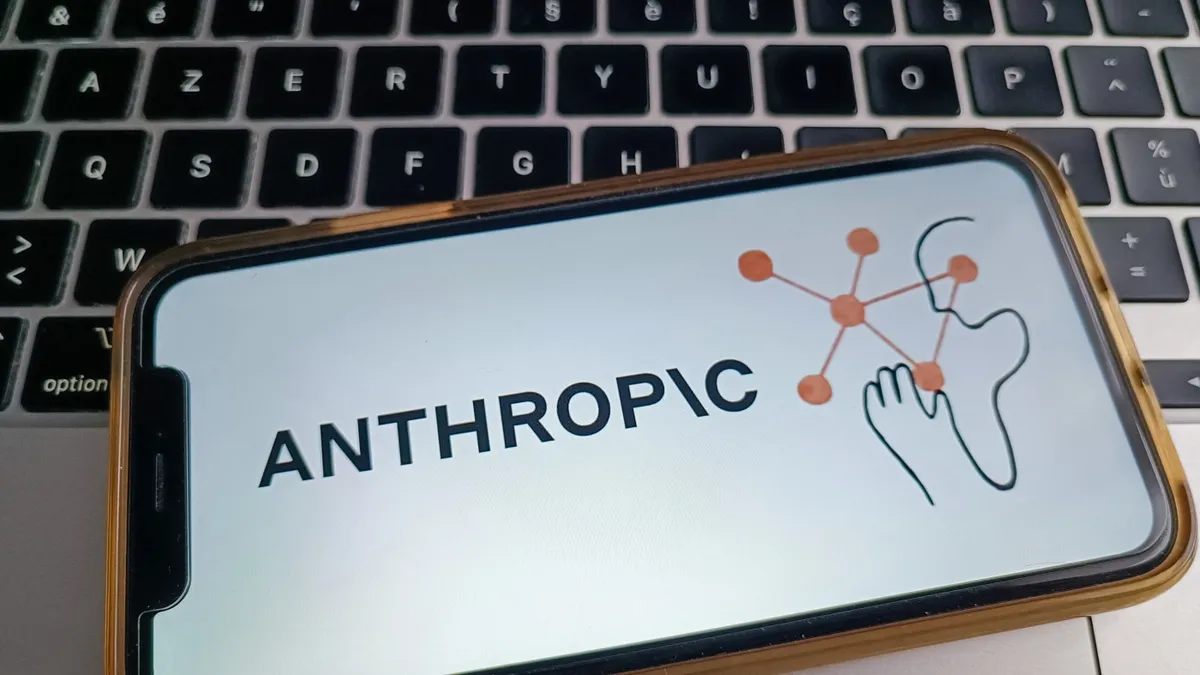
In a significant turn of events within the realm of generative artificial intelligence, Anthropic AI, a prominent player in the AI landscape, has agreed to a monumental settlement of $1.5 billion to resolve a copyright infringement lawsuit filed by a consortium of authors. This case is poised to set a critical precedent in the ongoing legal disputes between AI companies and the creative industries regarding the use of copyrighted materials in training AI models.
If approved by U.S. Senior District Judge William Alsup in San Francisco, this landmark settlement will see Anthropic compensating the authors approximately $3,000 for each of the estimated 500,000 books included in the settlement. The hearing for the settlement approval is scheduled for next week, marking a pivotal moment in the legal interpretation of how fair use applies to generative AI technologies.
This case is particularly noteworthy as it represents the first substantive ruling addressing the application of fair use in the context of generative AI systems. The fair use doctrine allows for the use of copyrighted works without the copyright holder's consent under certain conditions, such as for educational or illustrative purposes. AI companies often cite fair use to justify their utilization of copyrighted materials for training their generative AI models. However, authors and creative industry advocates have consistently challenged this notion.
The settlement is heralded as the largest publicly reported copyright recovery in history, with the motion indicating that it will provide substantial compensation to authors and establish a precedent for AI companies to pay for the use of copyrighted materials. According to Cecilia Ziniti, a tech industry lawyer, this settlement signifies a crucial evolution towards a legitimate, market-based licensing framework for training data. "It's not the end of AI," Ziniti stated, "but the start of a more mature, sustainable ecosystem where creators receive compensation, similar to the adaptation seen in the music industry."
The lawsuit was initiated in 2024 by authors Andrea Bartz, Charles Graeber, and Kirk Wallace Johnson, who accused Anthropic AI of copyright infringement for allegedly using the contents of millions of digitized copyrighted books to train their AI model, Claude. The complaint alleged that Anthropic not only utilized the authors’ works but also scanned hard copies without obtaining proper permissions or compensation. The plaintiffs contended that Anthropic's actions amounted to piracy.
In a ruling made in June, Judge Alsup acknowledged Anthropic's argument that its use of the authors' books for training Claude was permissible under fair use, labeling this aspect as "exceedingly transformative." However, he also determined that the use of millions of pirated books from unauthorized sources, such as Library Genesis and Pirate Library Mirror, lacked legitimacy. This delineation led to the trial focusing on the pirated materials utilized by Anthropic, which could have resulted in substantial damages, as U.S. copyright law allows for statutory damages of up to $150,000 per infringed work.
Following the announcement of the settlement, both parties expressed satisfaction. Anthropic's Deputy General Counsel Aparna Sridhar affirmed the company’s commitment to developing safe AI systems, while attorney Justin Nelson, representing the authors, remarked on the significance of this settlement in the AI era. "It sends a powerful message to AI companies and creators alike that taking copyrighted works from these pirate websites is wrong," he stated.
The creative community has welcomed the settlement as a critical step towards protecting authors' rights. Mary Rasenberger, CEO of the Authors Guild, emphasized that AI companies cannot simply exploit authors’ creative works to enhance their AI capabilities. This sentiment was echoed by Keith Kupferschmid, president of the Copyright Alliance, who noted that the settlement illustrates that AI firms can afford to compensate copyright owners without hindering their innovation.
Anthropic is well-positioned to manage this substantial compensation, having recently completed a funding round worth $13 billion, which has increased its total valuation to $183 billion. Meanwhile, the battle between AI companies and the literary community continues, with numerous copyright infringement lawsuits pending against major players in the industry, including notable cases involving authors like Ta-Nehisi Coates and comedian Sarah Silverman.